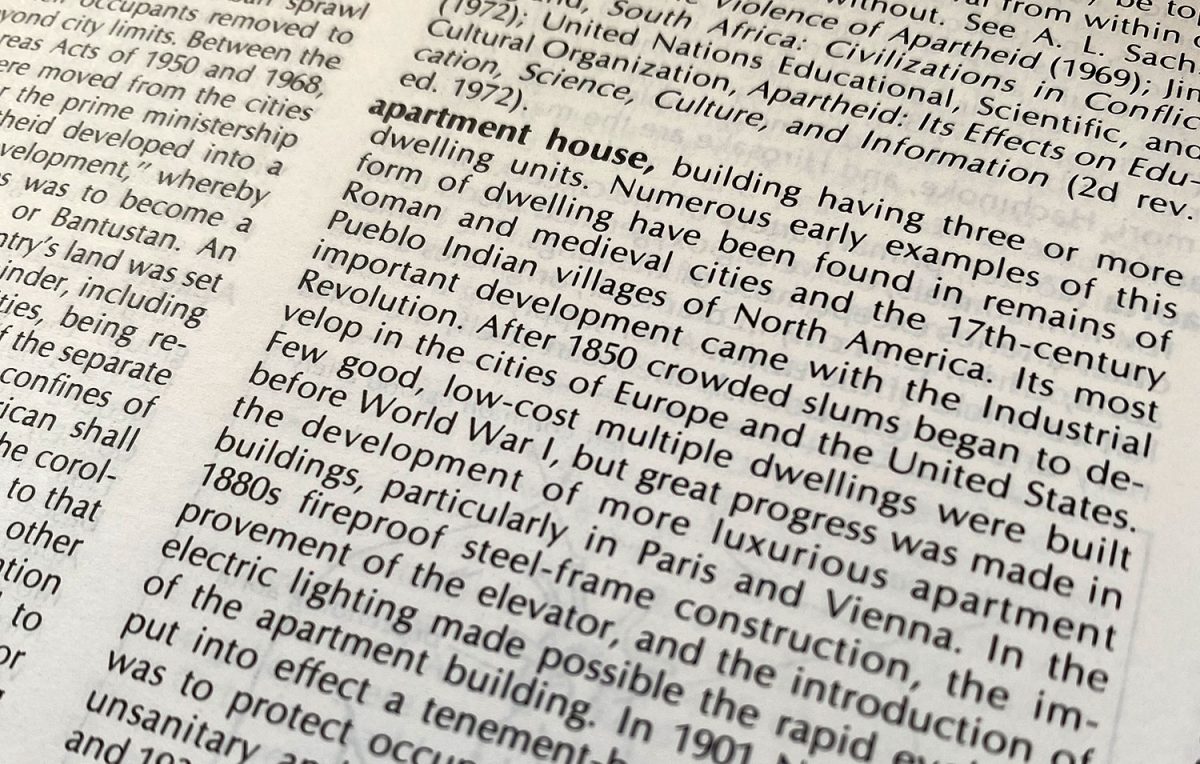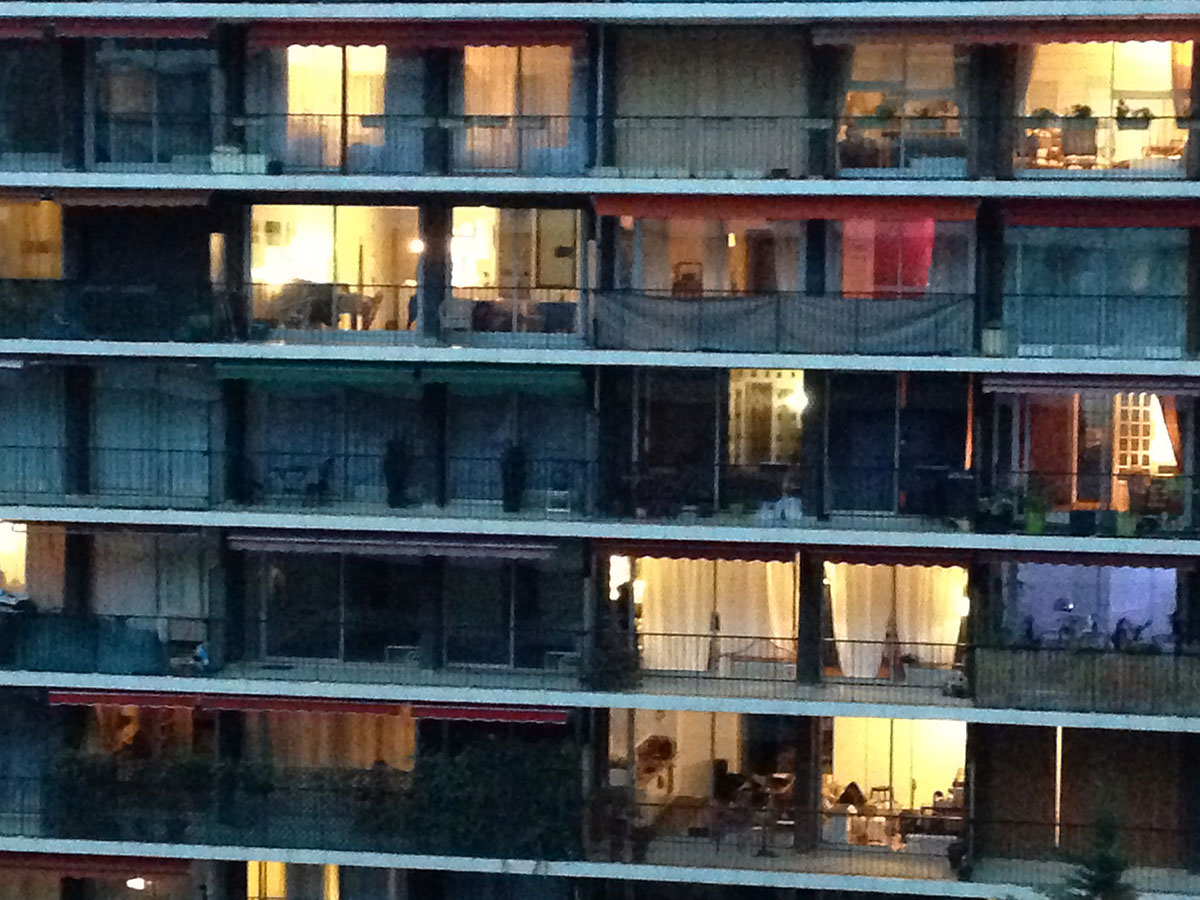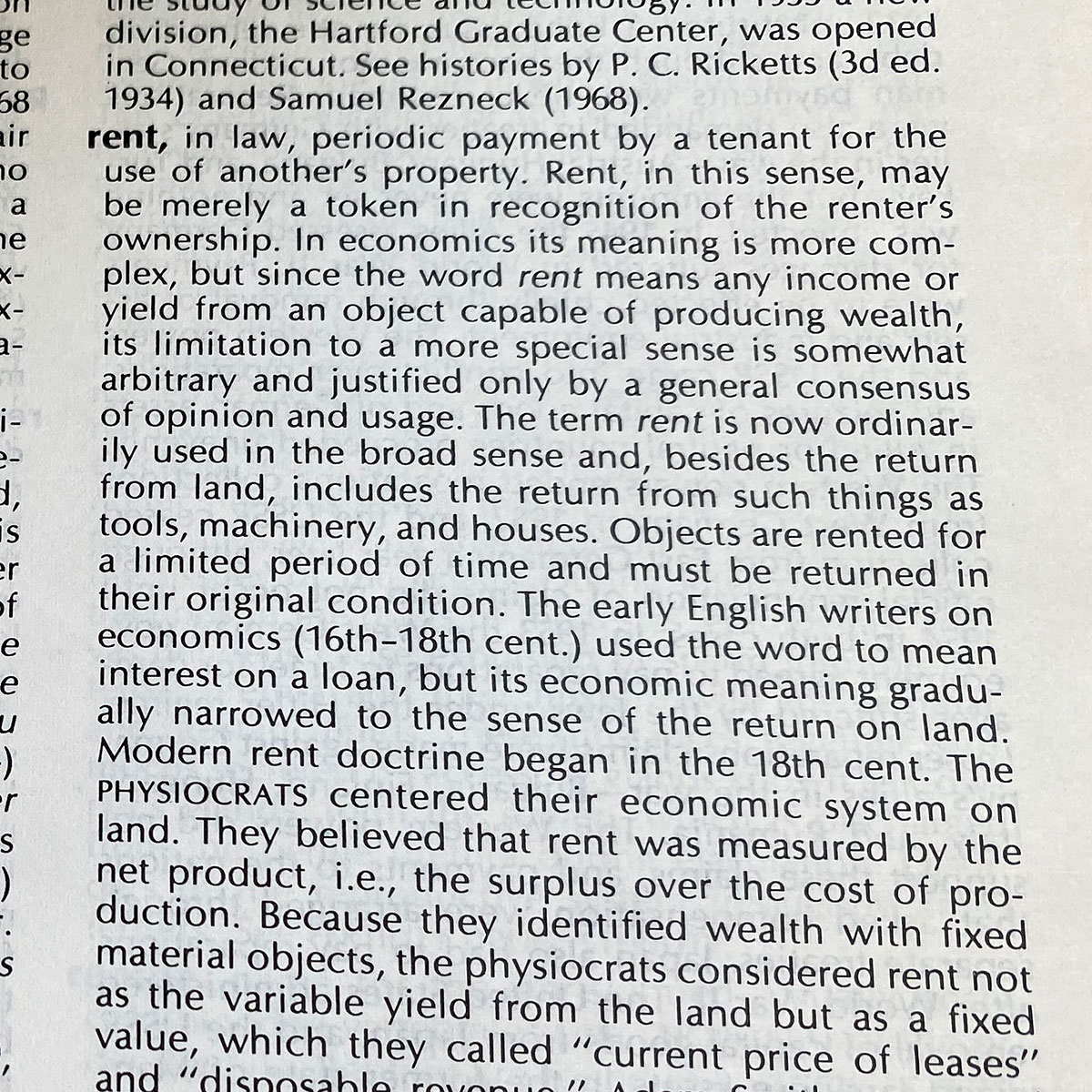The City of Paris is constantly trying to better or at least adjust the rental system. In an attempt to make Paris less expensive to live in, they are now reinstating rent ceilings for a 5 year test period for all new or renewed leases signed as of July 1st, 2019. You can find out the average price of rent in an area given in price per month per square meter based on the address, size and age of the building which you put into the rent calculator (in French).
More information:
https://www.service-public.fr/
Also recently created is also a new type of lease called the Bail Mobilité. This rental lease applies only to furnished rentals that are a maximum of 10 months. There is no security deposit and rents must be within the regular ceilings. The lease must state why this type of lease is needed. If the rental goes past ten months, it becomes a normal furnished apartment lease renewable annually.
Once you have found your apartment in France it is time to sign the lease. Below you’ll find information about French leases. But first you might be stymied by the guarantor. The landlord might want a guarantor, or in French « garant », to be sure your rent will be paid. It’s not always easy to find a “garant” when you don’t live here. Garant Me is an agency that basically guarantees your rent for a small fee (3.5% of the rent), and once you fill out the paperwork they give you your answer within 24 hours. Check out their site…in English!
 Rental lease and contract in France
Rental lease and contract in France
Since August of 2015 a law reglements rental contracts. A rental lease in France will be established in French as French is the official (and thus judicial) language. To help English speakers FUSAC has put together a rental lease vocabulary glossary which can be found here. There is now a standard lease for all types of housing whether furnished or not, shared or not. Standard contracts to print out and fill in can be found online on the site of the national consumers association CLCV (Association nationale de défense des consommateurs et usagers).
Furnished Rental Lease
Unfurnished Rental Lease
All in all, a rental lease with annexes will be 30 plus pages! The contract includes the following:
- Section I: designation of the parties involved, names, addresses
- Section II: the description of the property
- Section III: dates. The beginning of the contract and length
- Section IV: the financial. Amount of the rent, building charges. (These charges may or may not include heat, hot water, guardian salaries, elevator costs, cleaning and electricity of the public spaces, garbage service and more), dates of payment, method and date of revision or increase, as well as the amount paid by the previous renter
- Section V: renovations. A description of renovations performed since the departure of the previous renter.
- Section VI: deposit. The deposit for an unfurnished rental must not exceed one month’s rent, for a furnished rental the deposit is fixed by the owner.
- Section VII: modalities of sharing if the lease is to be shared
- Section VIII: end of contract, giving notice (it must be done by registered letter)
- Section IX: agency fees if a housing agency is involved
- Section X: other specific details
- Section XI: required annexes which are as follows
-A standard document which describes, in 18 pages, the rights and obligations of renters and proprietors. This annex can be found here
-A diagnostic annex (DDT) must also be attached to the lease. The diagnostics that must be presented are the following: energy performance; lead evaluation for buildings dating before 1949; asbestos evaluation; natural and technological risk evaluation if the property is in a risk zone; Electrical and gas installation evaluation
-Un étât des lieux: inventory of fixtures and general condition of the apartment. See model in English here
Summarily speaking, the tenant obligations described in the annex the rights and obligations are the following:
- To insure the property. Tenants are required by French law to have household insurance to cover the property. Household insurance will cover things like broken windows, theft/vandalism (usually up to set amounts), fire damage, weather-related risks, etc.
- To pay the rent in full by the agreed date
- To pay taxe d’habitation. The taxe d’habitation covers the costs of local area services (street cleaning, rubbish removal, etc). As a tenant you are responsible for the taxe d’habitation for the property you are renting. The amount depends on the size & location of the property. The invoice for occupation tax arrives by mail directly from les impôts in October.
- To pay service charges: water, electricity, communal maintenance
- To use the property appropriately
- To do certain minor maintenance work
- To be responsible for any damage unless it is the result of the landlord, someone on the property uninvited or force majeure (circumstances outside of their control)
Unless agreed in the lease contract a tenant may not:
- Use the property for commercial purposes
- Sublet or share without written agreement from the landlord
- Make any major changes to the property or structures without the landlord’s consent
The primary obligation of a landlord is to provide decent housing. The definition of decent is that the building will in no way damage the health and safety of a tenant. Factors included are a minimum size of living space, the condition of the building and other factors that make a space habitable such natural light, electricity, water and sanitary facilities. The landlord must also allow the renter to live tranquilly in the space. This means allowing visitors and pets, not imposing inspection visits or extensive renovation without compensation.
Since September 2015 a furnished residence must contain the following minimum equipment:
A bed with bedding
Shutters or curtains in the bedroom
A stovetop or hotplates
An oven or Micro-wave
A refrigerator
A Freezer or freezer compartment that freezes to -6°C or less
Sufficient tableware
Cooking utensils
A table
Chairs
Shelves
Lighting
Housecleaning equipment such as a vacuum, broom or mop
Smoke detector
Of note:
If a landlord is negligent in carrying out essential repairs a tenant may not withhold their rent but may make a legal claim through the magistrates’ court.
A deposit is most often due when the lease is signed even if you are moving in later. It is not legal to use the deposit in lieu of the last month’s rent. A deposit is meant to cover any abnormal damage to the apartment (other than normal wear and tear) and any eventual utilitiy bills that come after your departure. The deposit should normally be returned within 2 months of departure.
The landlord is not responsible for troubles caused by neighbors.
Utilities in English
- The English-speaking customer service number for EDF is 09 69 36 63 83
- Orange, a telecommunications provider in France, operates an English-speaking customer helpline available at 09 69 36 39 00. Other telecommunication companies may have someone who speaks English, just ask.
- Groupe Satec, an insurance agency that provides rental insurance has English speaking representatives 01.42.85.67.19
- See our list of other Useful Phone Numbers




